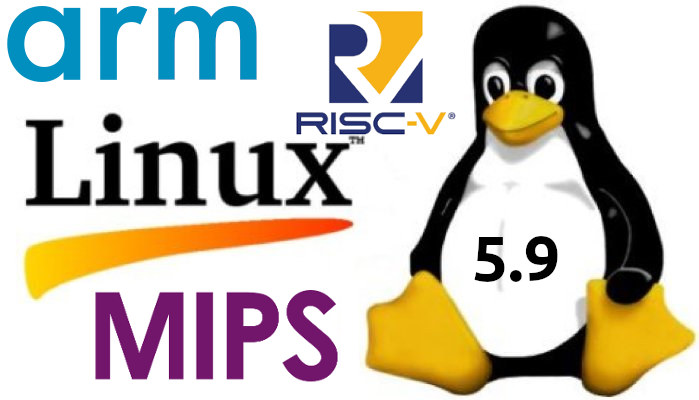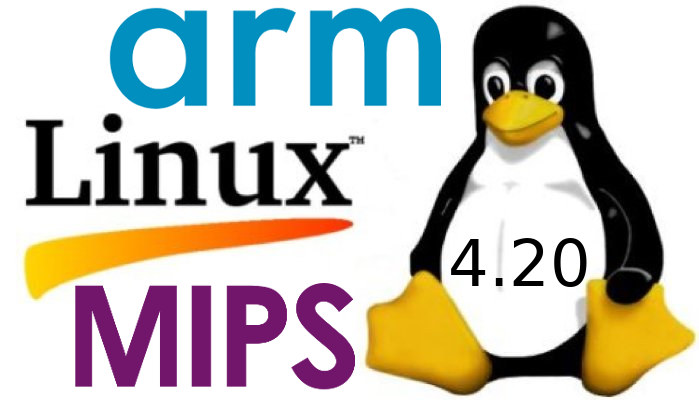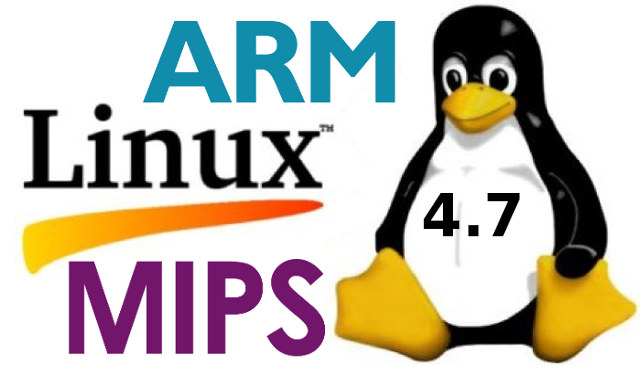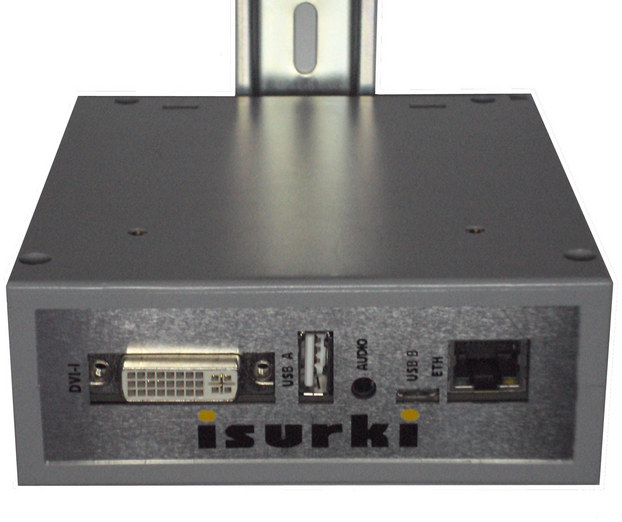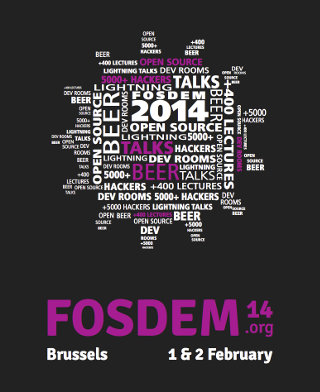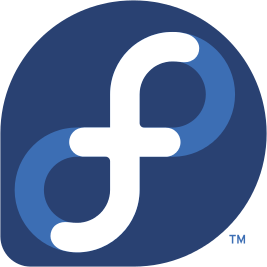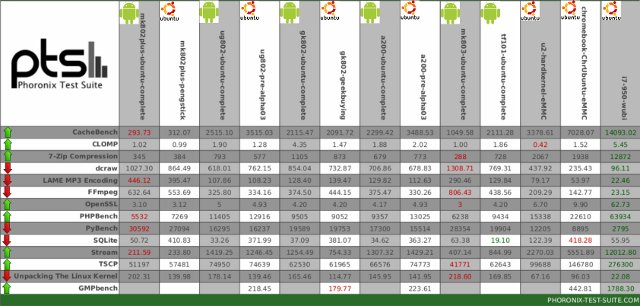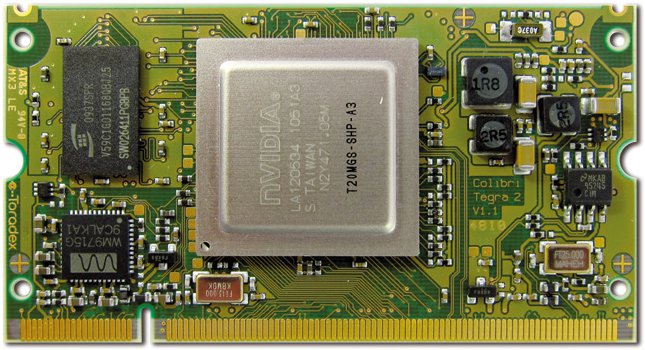Linus Torvalds has just announced the release of Linux 5.9 on lkml: Ok, so I’ll be honest – I had hoped for quite a bit fewer changes this last week, but at the same time there doesn’t really seem to be anything particularly scary in here. It’s just more commits and more lines changed than I would have wished for. The bulk of this is the networking fixes that I already mentioned as being pending in the rc8 release notes last weekend. In fact, about half the patch (and probably more of the number of commits) is from the networking stuff (both drivers and elsewhere). Outside of that, the most visible thing is a reinstatement of the fbdev amba-clcd driver – that’s a noticeable patch, but it’s basically just mainly a revert. The rest is really really tiny (mostly some other minor driver updates, but some filesystem and architecture fixes […]
Linux 4.20 Release – Main Changes, Arm and MIPS Architectures
After Greg K-H handling Linux 4.19 release, Linus Torvalds is back at the helm, and released Linux 4.20 just before Christmas: Let’s face it, last week wasn’t quite as quiet as I would have hoped for, but there really doesn’t seem to be any point to delay 4.20 because everybody is already taking a break. And it’s not like there are any known issues, it’s just that the shortlog below is a bit longer than I would have wished for. Nothing screams “oh, that’s scary”, though. And as part of the “everybody is already taking a break”, I can happily report that I already have quite a few early pull requests in my inbox. I encouraged people to get it over and done with, so that people can just relax over the year-end holidays. In fact, I probably won’t start pulling for a couple of days, but otherwise let’s just […]
Linux 4.7 Release – Main Changes, ARM and MIPS Architectures
Linux 4.7 is out: So, after a slight delay due to my travels, I’m back, and 4.7 is out. Despite it being two weeks since rc7, the final patch wasn’t all that big, and much of it is trivial one- and few-liners. There’s a couple of network drivers that got a bit more loving. Appended is the shortlog since rc7 for people who care: it’s fairly spread out, with networking and some intel Kabylake GPU fixes being the most noticeable ones. But there’s random small noise spread all over. And obviously, this means that the merge window for 4.8 is open.Judging by the linux-next contents, that’s going to be a bigger release than the current one (4.7 really was fairly calm, I blame at least partly summer in the northern hemisphere). Linus Linux 4.6 brought USB 3.1 superspeed, OrangeFS distributed file system, 802.1AE MAC-level encryption (MACsec), and BATMAN V protocol support, improved […]
Isurki IRIS Industrial Embedded Computer Takes Nvidia or NXP System-on-Modules
Isurki is a Spanish company providing electronics & IT services to hydraulic resources management companies, and one of their products is IRIS industrial embedded computer based on Toradex Iris carrier board that supports Toradex Colibri ARM system-on-modules based on either Nvidia Tegra 2/3 or NXP Vybrid VF50/VF61 processors. Main board connectors and features: Video – DVI-I LCD Interface – RGB / LVDS with 4/5 resistive touch interface Audio – Line-In, line-Out, Mic-In Storage – Micro SD Connectivity – 10/100M Ethernet USB – 1x USB host, 1x USB OTG Expansion – 24 GPIOs, 3x UART ports Misc – 1x IrDA, RTC Power Supply – 6 to 27V DC, reverse polarity and short circuit protected Then you can choose among several variations of ARM based Colibri system-on-modules: Colibri T20 Nvidia Tegra 2 dual core Cortex A9 processor with 256 to 512MB DDR3, and 512MB to 1GB flash Dual independent displays 2D/3D hardware […]
FOSDEM 2014 Schedule and A Selection of Sessions
It’s soon time for FOSDEM 2014, a 2-day event where thousands members of the open source communities meet, share ideas and collaborate. Like the other years, it’s free to attend, and there’s no registration, and this year, FOSDEM 2014 will take place on February 1-2 in Brussels. There are 8 main tracks: Tracing and debugging Memory and storage IPv6 Mail Mathematics Hardware Miscellaneous Security FOSDEM 2013 had 7 tracks, but most topics changed with only Security and Miscellaneous tracks featured in the 2014 edition. There will also be four keynotes and devrooms for a total of 464 sessions (vs. 488 last year). Developers rooms that may particularly be of interest to readers of this blog are: Energy-efficient computing devroom – e.g. energy scavenging, battery life improvements, power measurements in embedded systems, open source power measurement tools and low power devices, etc… Internet of things devroom – 6LoPWAN, LTE in Linux, […]
Fedora 20 “Heisenbug” Release Makes ARM a Primary Architecture
Fedora has been supporting ARM architecture for a while now, but it was only as a secondary architecture without official support. With the recent Fedora 20 release, nicknamed “Heisenbug”, the ARM architecture, more exactly ARMv7 hard float and greater, is promoted to a primary architecture meaning ARMv7 will have the same status as x86 and x86_64 architectures with packages officially build and supported by the Fedora community. What it does not mean however, due to the nature of ARM architecture, is that you can simply download an ISO to install on any ARM platforms, like you would do on an Intel or AMD computer. It’s a little more complicated than that, as it is platform specific, but instructions are available for the Beaglebone Black, Compulab Trimslice, the Wandboard, Calxeda Energycore Midway and Highbank, and Versatile Express in QEMU. You can download images with MATE, KDE, XFCE, LXDE, SOAS desktops, as […]
Mini PCs (MK802+, UG802, GK802 & iStick A200) Linux Performance Comparison
Ian MORRISON (linuxium) has tested Linux with several mini PCs powered by different processors. The main point of his tests was to evaluate the performance difference between running Ubuntu 12.04 natively, or in a chroot in Android using tools such as Complete Linux Installer. I previously tried Linux on Android in ODROID-X, and found the applications start time when running from an low-end SD card pretty dismal, and the graphics performance poor. Ian had a different approach, and decided to use a subset of Phoronix Suite benchmarks to compare different hardware / software combination and posted the results in “mini PCs” G+ community. There’s a lot of data, and analyzing the results is not really straightforward without spending some time looking at the data. In this post, I’ll explain how the tests have been conducted, explain the results and try to draw a conclusion. Mini PCs and other Hardware Under […]
Are You a Student? You Could Win a Toradex Colibri NVIDIA Tegra Kit and Up to $20,000
Toradex has launched the “Embedded Design Challenge”, a global design challenge for students and enthusiasts with a background in Research & Education. All you have to do is to submit your proposal, and if it is selected you’ll receive a free Toradex Colibri NVIDIA Tegra Kit (worth 250 USD) to realize your project. Toradex did not mention whether the kit is based on their Tegra 2 or Tegra 3 modules, but I assume they’ll provide “Toradex Colibri NVIDIA Tegra Kit” composed of Colibri T20 CoM (Tegra 2 + 256 or 512 MB RAM+ 512 MB / 1 GB Flash) and the Iris carrier board. This kit can run either Windows Embedded Compact 7 or Linux. You can find more information about the kit and associated resources on a previous post. To apply, you’ll need a resume (PDF), a proof of your enrollment with an educational institution (e.g. copy of your […]


